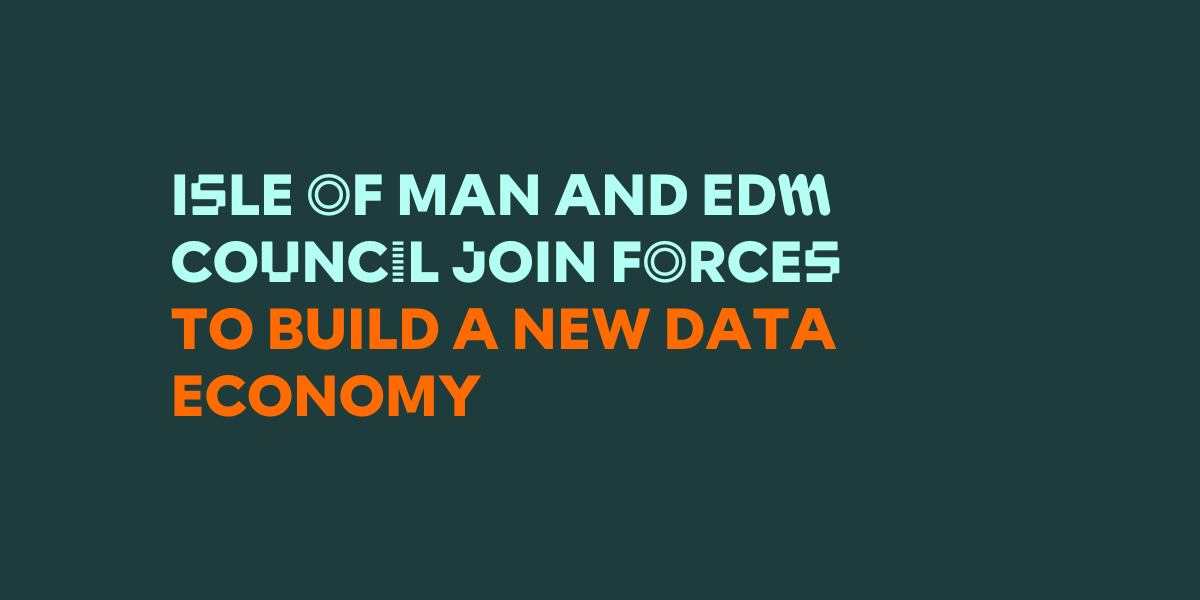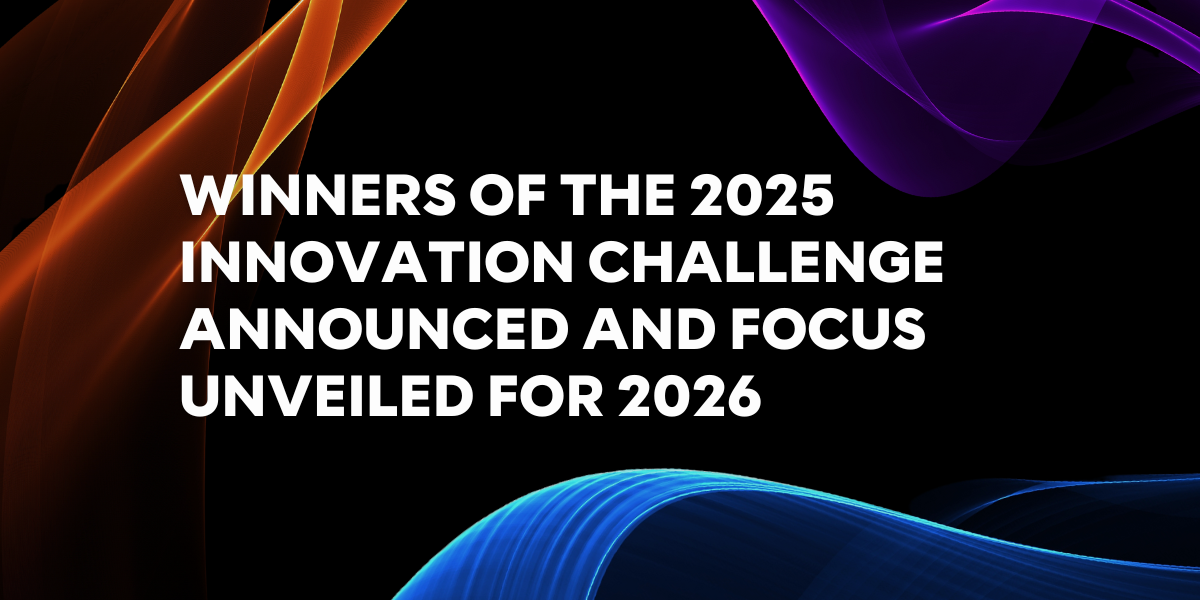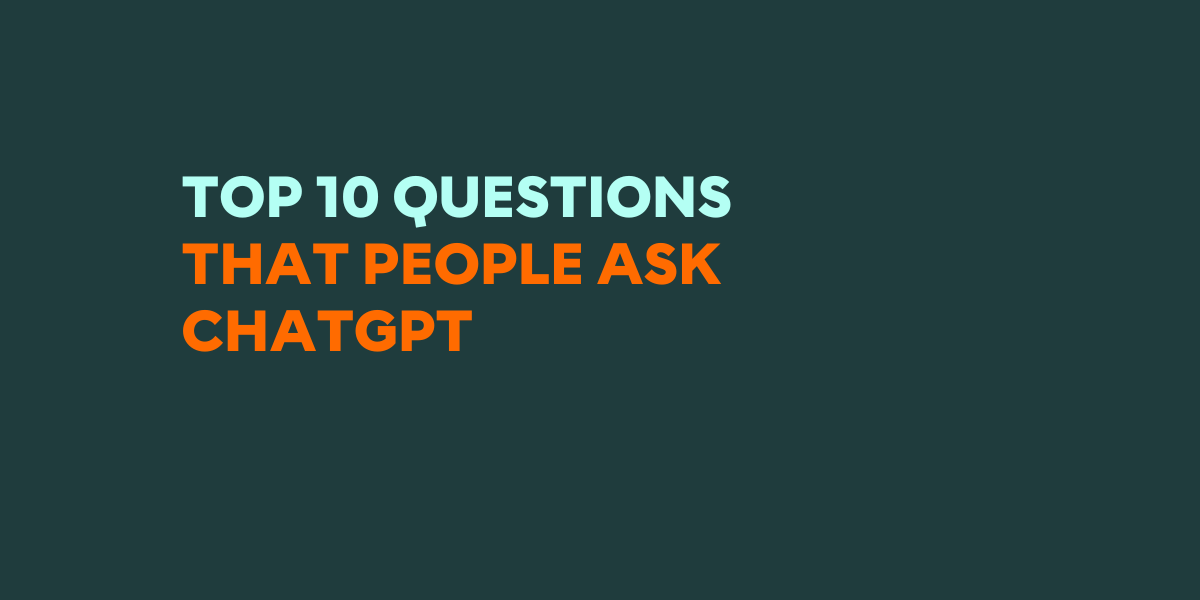The Emergence of the Digital Worker
17 September 2020

Robotic Process Automation (RPA) and Artificial Intelligence (AI) technologies are certainly not new, and digital transformation is now widely accepted as essential rather than an option. It is required to meet customer expectations, enhance operational efficiencies, and retain a competitive edge. Whilst the pioneers and early adopters of RPA and AI are well underway in transforming their operations, those businesses who do not have the required technical skills , available capex budgets, or the existing infrastructure have not ‘missed the boat’ just yet.
Cloud-based software and products and services with embedded RPA and AI are making it easier for organisations to digitise —even if they are short on funding and automation expertise. Emerging platforms and frameworks are helping organisations of all sizes adopt process automation and AI tools that previously required more localised AI specialists to develop techniques for machine learning model selection, configuration, tuning, and deployment. Whilst these are still specialised skillsets for businesses to acquire and consider new talent models, they are now more widely available to support complimentary product suites.
This allows companies to benefit from RPA and AI technology even if they lack in-house expertise and IT infrastructure. Through the cloud they can access these state of the art services without having to make big upfront investments, and realise the significant benefits of this technology much faster. In short, the cloud is democratising access to AI. These tools are not just automating a process in isolation but integrating AI with complex business operations, with the flexibility to scale up and down to meet demand, creating the concept of a ‘Digital Workforce’.
The phrase ‘Digital Workforce’ is used to describe the automated solutions that amplify existing teams to deliver processes within an organisation. In most cases, the Digital Workforce will be either working in the background on virtual machines, or operating in an ‘attended’ fashion alongside and interacting directly with human co-workers. In comparison to traditional RPA programmes that businesses may have embarked upon, adopting a ‘platform as a service’ approach, removes barriers to invest locally in the initial infrastructure and IT support and maintenance skills; with only a secured connection required between the company’s environment and the cloud hosted platform. This allows you to ‘start small but think big’ and scale automation efficiently.
Deloitte’s own digital worker, Dara, provides a cloud hosted platform which augments a workforce and supports the digitisation of business operations with ability to integrate back to core platforms. Dara is configured to your requirements to work alongside your existing teams, orchestrating many components within a process value chain. It incorporates a suite of technologies and automation features such as intelligent document processing, digital workflow management, customer communication and contact, and data analysis.
Combining a number of complementary technologies increases scope for more automation across multiple processes in a value chain. As an example a payments process could be managed through OCR document management software to read invoices, RPA and digital workflow to orchestrate approval processes and performance of controls with humans in the loop to manage any exceptions. Traditional RPA focused on single processes would not have done this by itself.
As an example of the effectiveness of Dara, a UK bank was facing challenges in generating significant operational efficiencies and capacity in key teams performing the client take-on process. In response, we deployed a Dara cloud-based solution, with work commencing jointly with the client team on delivering the initial automations required to address their most critical business needs. One of the initial focus areas was in the Customer Due Diligence process where automations for the client take-on process was delivered within eight weeks, reducing the manual effort required in the process by 50%.
The Dara automation platform as a service brings many benefits:
- Cost savings – with the use of Deloitte’s existing architecture, capex budgets are spared from being squeezed as there is no required upfront investment for which financial benefits can be difficult to immediately quantify and justify to senior stakeholders;
- Speed and scaling - unlike hiring a new team, a digital worker can be fully operational in a very short period of time. This builds on business resilience whereby periods of operational stress and high demand (experienced by many during the pandemic) can be mitigated with elastic scaling;
- Safe and secure - drawing on Deloitte’s established risk expertise, controls are built into Dara from day one, mitigating the inherent risks of automation and ensuring operational security;
- Monitoring and maintenance - 24/7 digital workers require 24/7 maintenance and Dara as a managed service is maintained 7 days a week to keep business processes running smoothly. This ongoing monitoring also allows management to track performance of all the completed work by the digital worker. With built in analytics, KPI’s can be quickly measured and value-adding insight can be gathered to optimise operational performance; and
- Compliance with conduct and regulatory risk –by making sure that all processes are performed in a consistent manner, Dara promotes an increase in quality and compliance.
Notwithstanding the focus on digital adoption and operational resilience that the COVID-19 pandemic has accelerated, it is likely that we will see an increase in the side-by-side working of humans and AI, with more augmentation in human decision making through machine based learning. This will require an increased focus on digital risk management to build the trust of both internal and external stakeholders as well as a new lens on talent management.
As perhaps learned the hard way for some through navigating the impact of COVID-19, technology disruption represents an opportunity to gain or lose trust through effective digital risk management. Businesses will have to ensure their policies for cyber risk, legal and regulatory risk, and ethics and reputational risk stand up in a digital world with a combined Human and Digital Workforce.
In our next blog we will explore the considerations for managing new digital risks and becoming operationally resilient.
Simeon Moss – Director, Deloitte
Charlotte Vale – Senior Manager, Deloitte
Read more about Dara:
https://www2.deloitte.com/uk/en/pages/assets/articles/digitalworker.html





